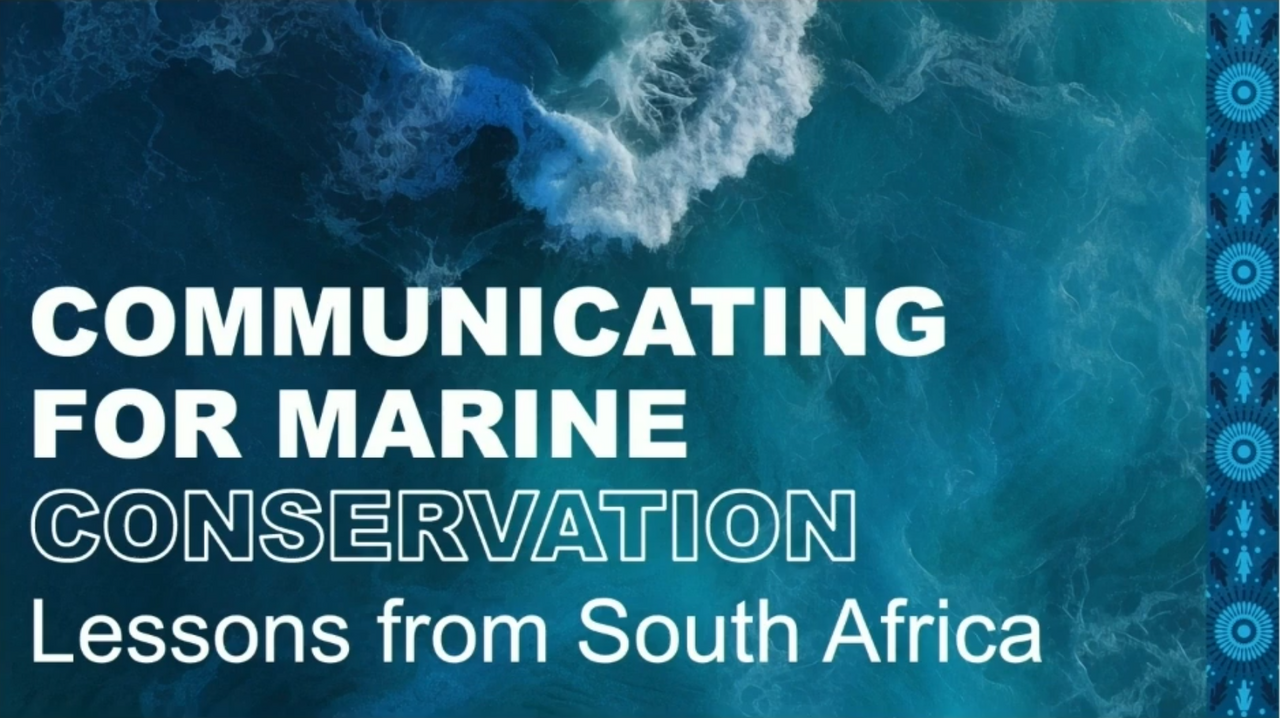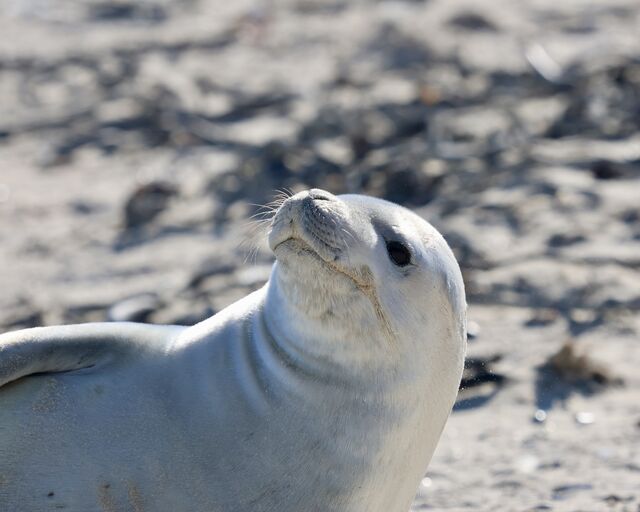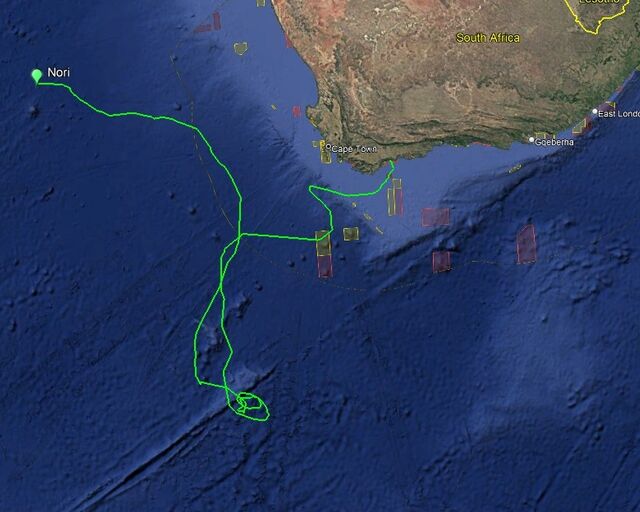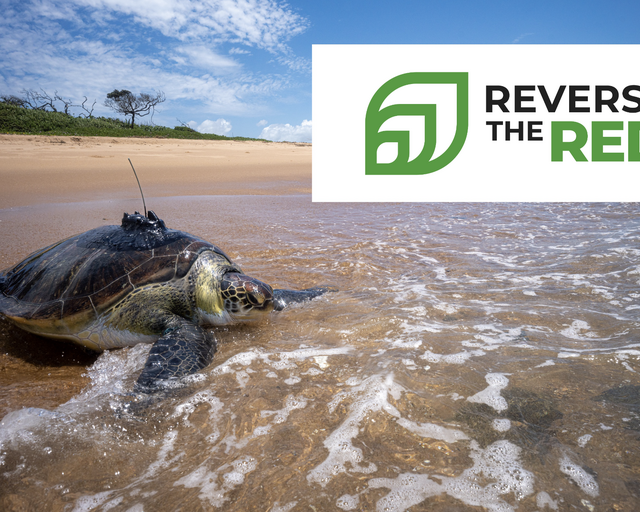Making Marine Science Matter: Dr Judy Mann-Lang's IMCC7 Keynote on People, Passion, and the Power of Communication

Recently, at the 7th International Marine Conservation Congress in South Africa, our own Dr Judy Mann-Lang took the stage to deliver a plenary speech that was insightful into the landscape of science communication and also deeply moving in its delivery on the importance of connecting humanity with conservation. In a field often dominated by data, charts, and cold facts, Judy brought something much rarer: Empathy, humanity, and a clear reminder that saving the ocean begins with connecting to people.
With over 30 years of experience in ocean education and science communication, Judy has become a vital voice in marine conservation - not just for her expertise, but for her ability to translate science into stories that move people to care and to act. We've long treasured her wealth of knowledge and experience at the Two Oceans Aquarium Foundation, and this speech is an excellent resource for anyone else learning to navigate the shared space of ocean conservation communication.
"To care for the ocean, we need to care about people."
One of Judy's most compelling messages is simple: To protect the ocean, we must first care about the people who depend on it. Marine science often focuses on ecological systems while ignoring the social systems that shape behaviour and policy. Unless conservation includes people - fishermen, policymakers, children, and communities - we're only fighting half the battle.
A striking statistic that Judy shared is that only 7% of marine research papers included the social dimensions of fisheries. This glaring gap underscores the need for a new approach that starts not with fish, but with the human beings who interact with them.
Knowledge alone rarely drives change. Scientific rigour is important, but it's emotional resonance that truly inspires action in people. Most people, Judy notes, have no idea what's under the "blue blanket". It’s the job of communicators and educators to lift it in ways that people can understand and feel.
Practical for conservation communicators and change-makers
We've pulled a few of Judy's tangible strategies for more effective communication from the talk (although you should watch the whole presentation to get the full experience):
- Start with the end in mind: Know what change you're trying to inspire - education, awareness, behaviour, or policy.
- Build from the familiar: Connect marine concepts to everyday experiences.
- Tell stories, not just facts: Inspire with narratives that evoke emotion.
- Use trusted voices: Engage local leaders, youth, and peers to spread messages authentically.
- Be patient and persistent: Lasting change is a marathon, not a sprint
"Never doubt that a small group of thoughtful, committed people can change the world. Indeed, it is the only thing that ever has."
As the ocean faces unprecedented threats, Judy's message is clear: We have the science, we have the knowledge - what we need now is connection, compassion, and courageous communication.
We would like to thank the 7th International Marine Conservation Congress and the Society for Conservation Biology Marine Programme for making this recording available to share.
If you'd like to view the full opening of the IMCC7 and other talks, you can do so here.
Related News
Sign up to our Newsletter
Receive monthly news, online courses and conservation programmes.


